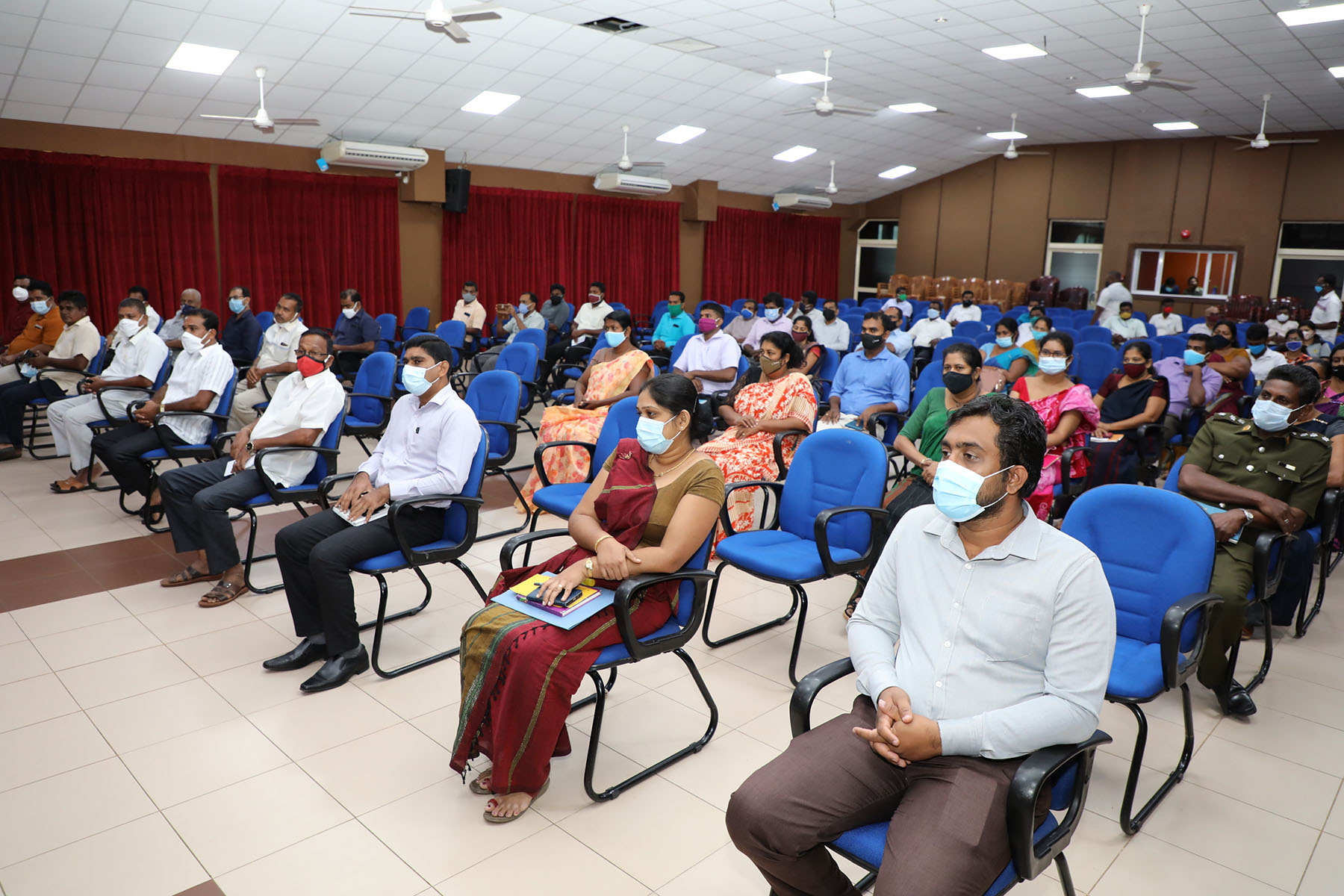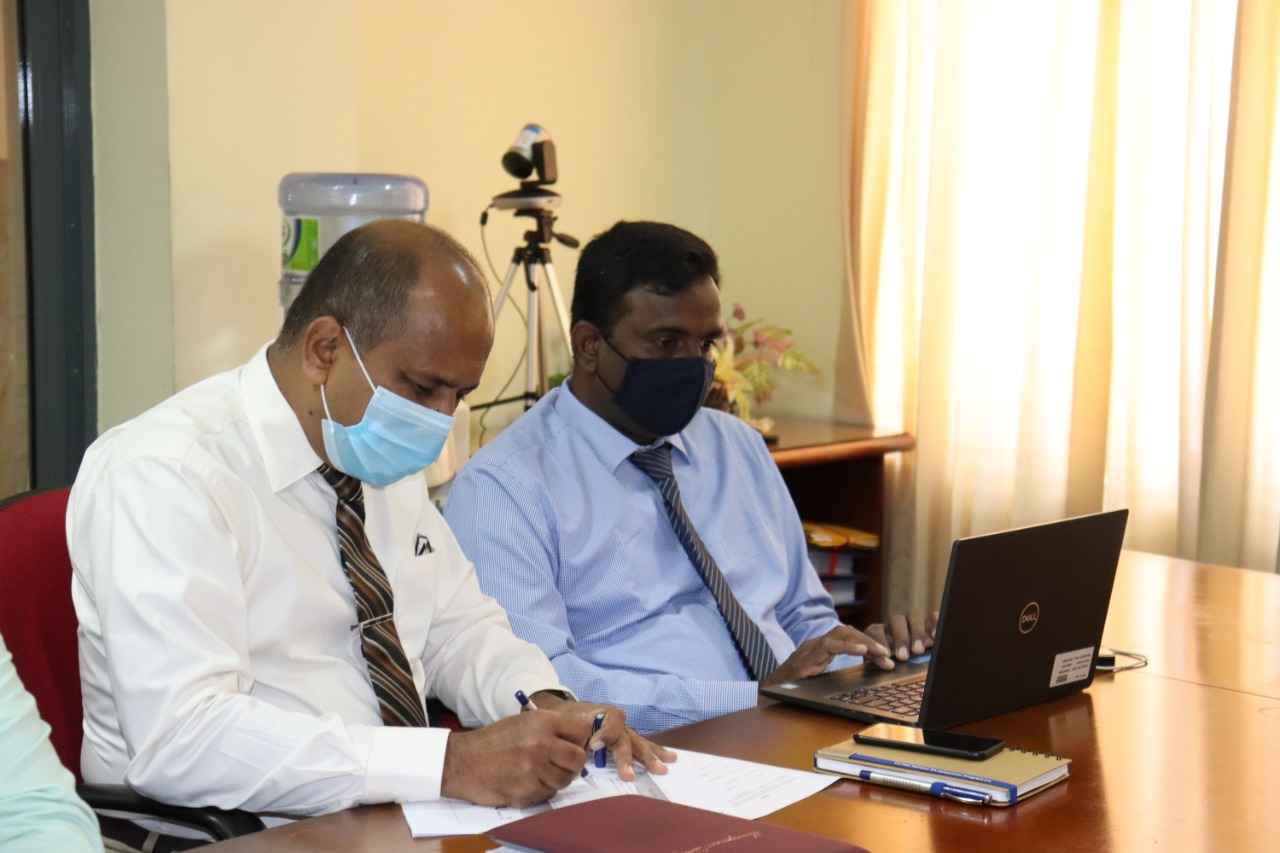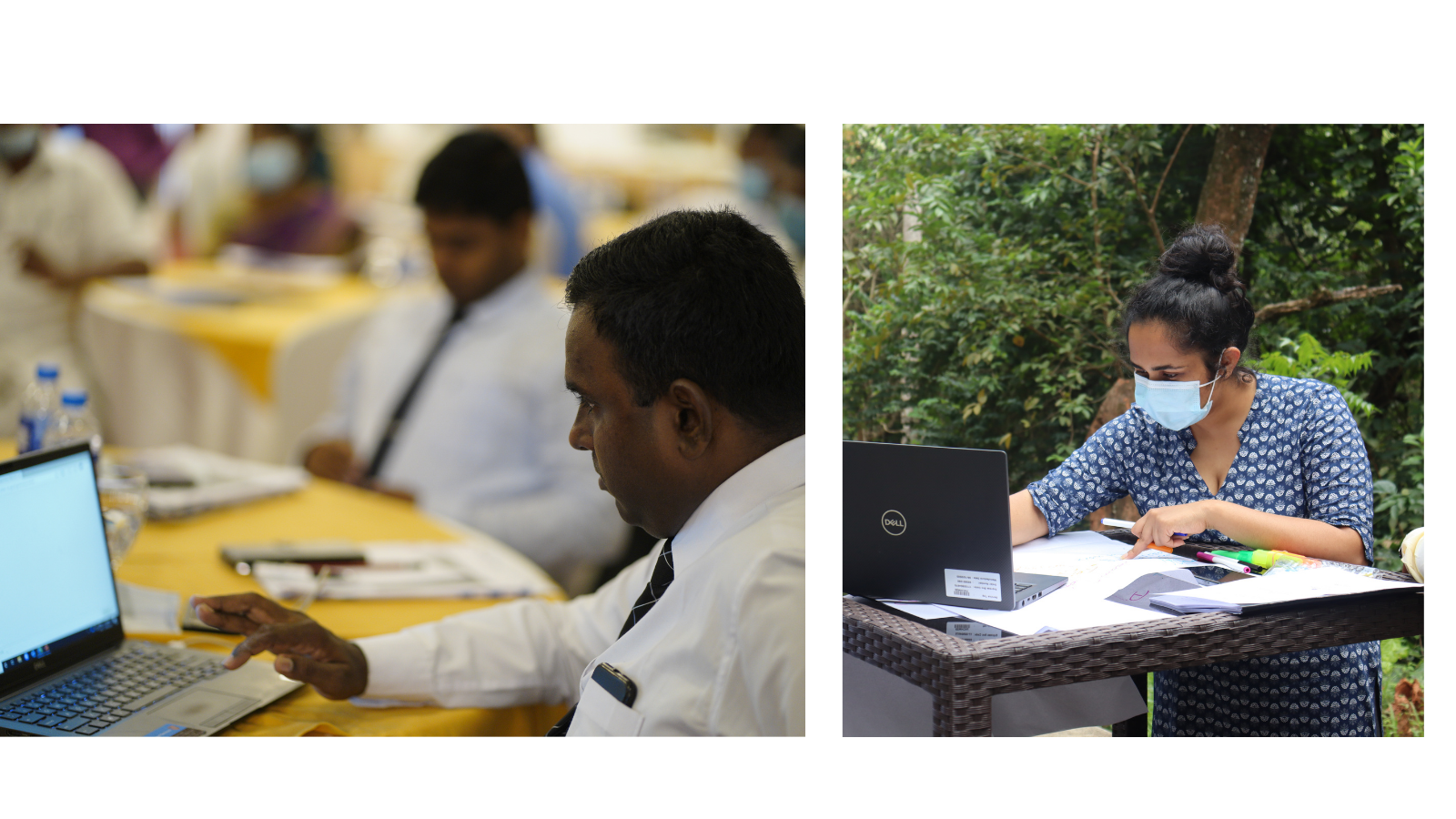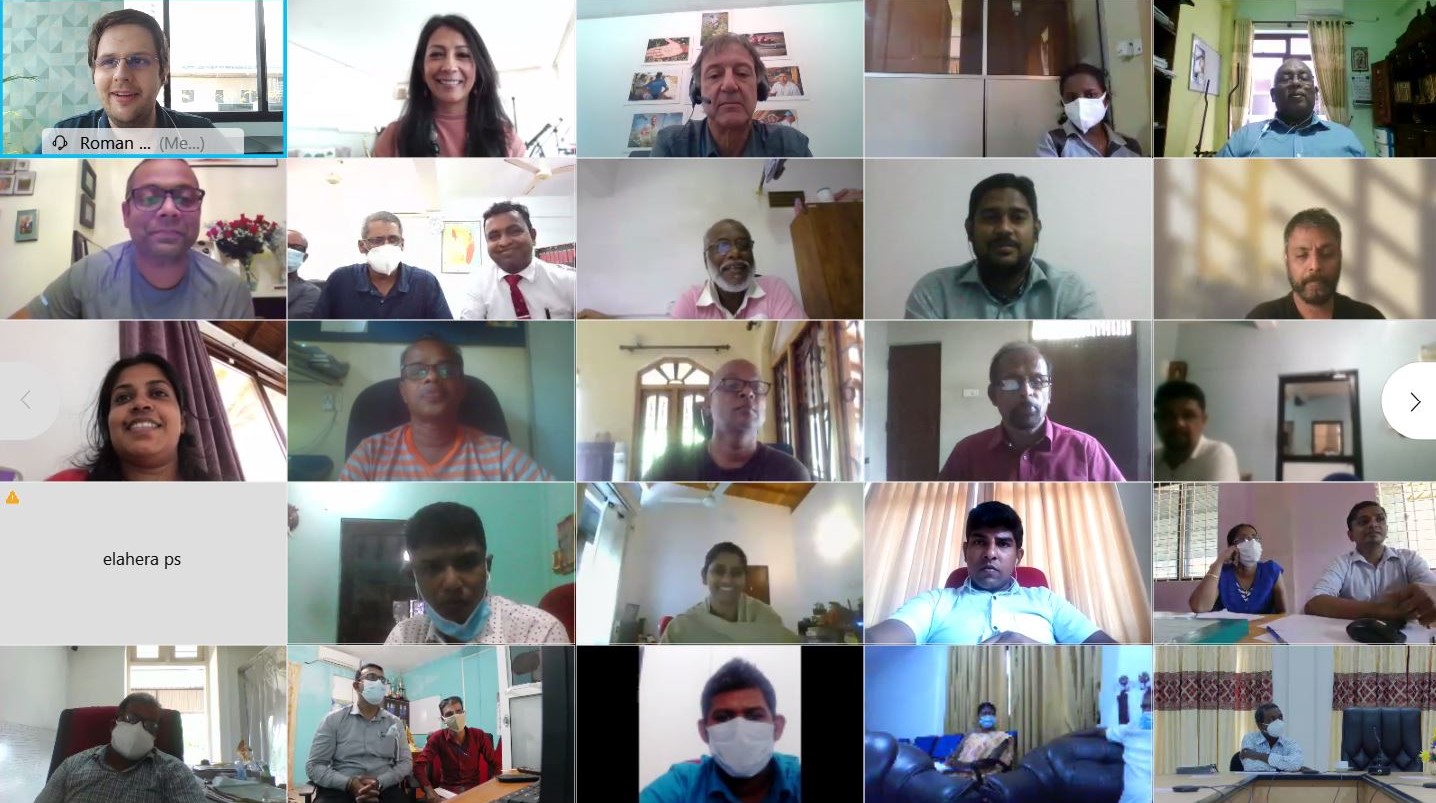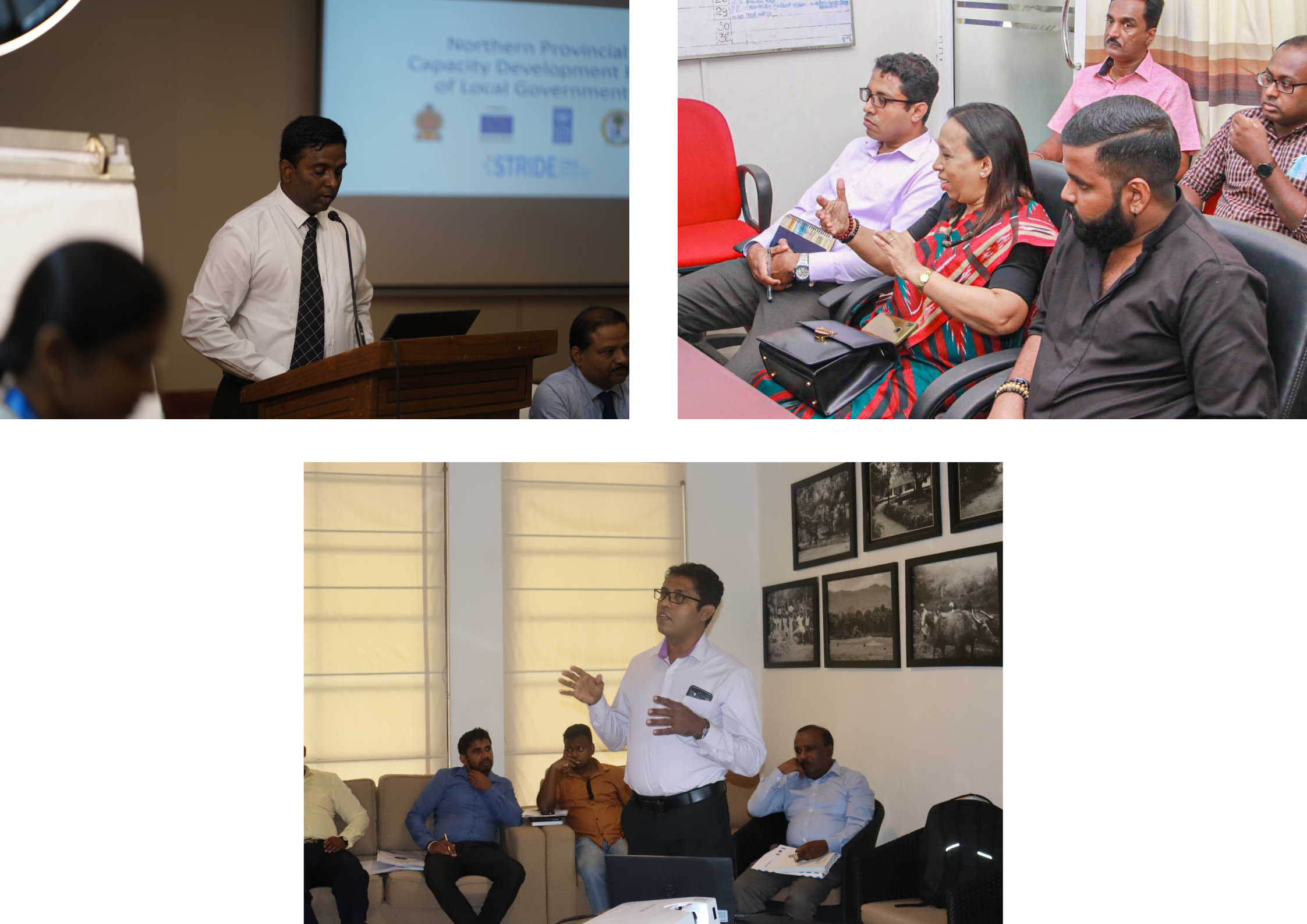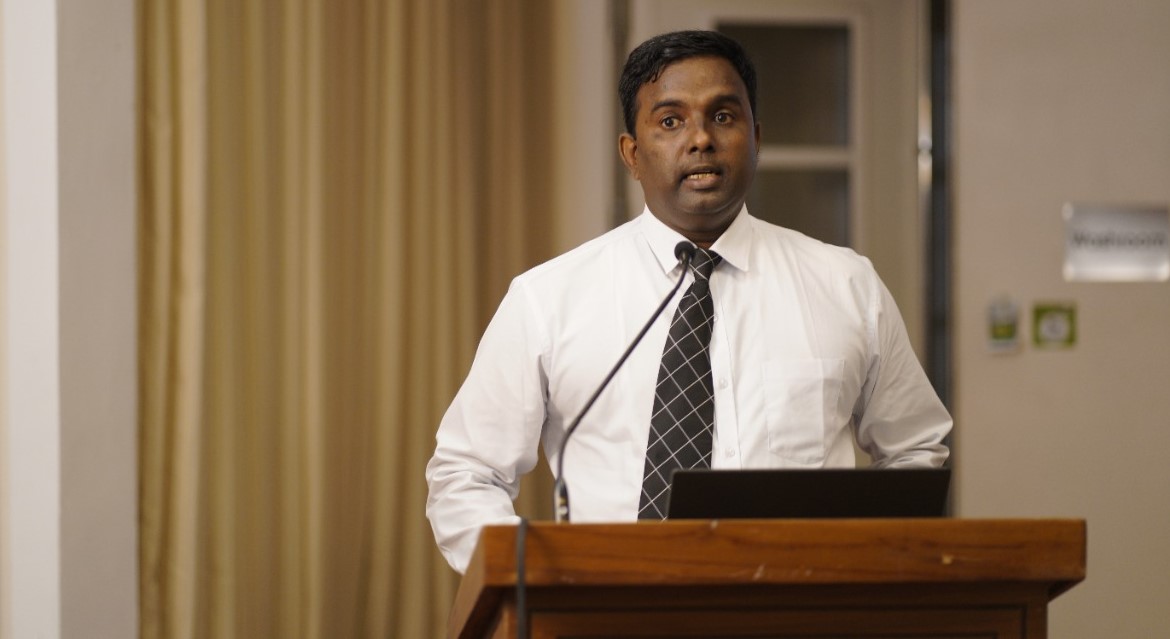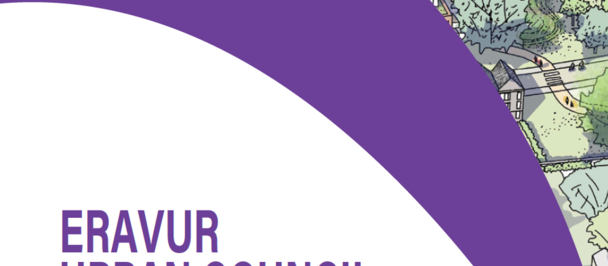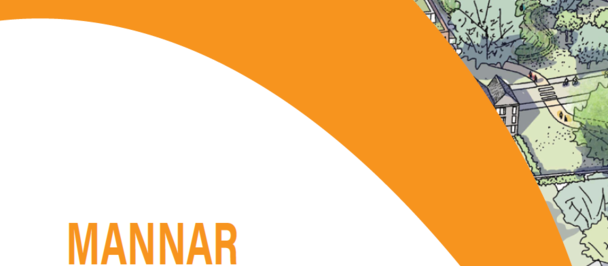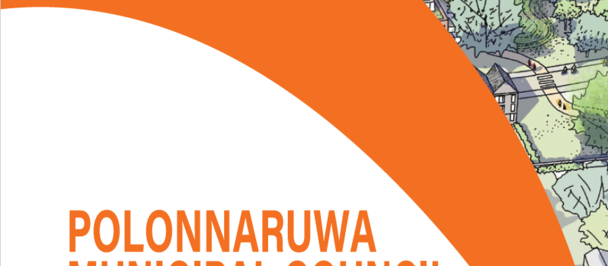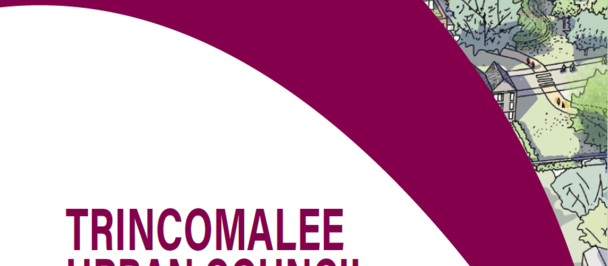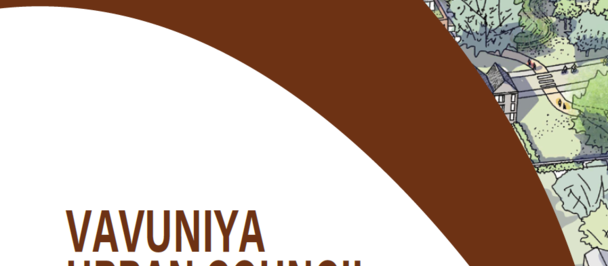By Navaneethan Vijayakumar
Transforming the Digital Divide of Local Governments
August 2, 2021
Launch of CDLG in the Northern Province and support to COVID-19 response efforts
The impact of the COVID-19 pandemic has most intensely been felt at the local level. Local Governments continue to be the first responders to the COVID-19 crisis as they play an essential role in local public service provision and ensuring the wellbeing and safety of local communities. In recognition of the critical role Local Governments play, the Capacity Development of Local Governments (CDLG) project has been providing support to enable local authorities (LAs) to continue to function effectively during the crisis and carry out essential services and operations.
CDLG is a four-year project (2020-2023) implemented by UNDP in the Eastern, Northern, North-Central and Uva Provinces of Sri Lanka. It is part of the European Union’s STRIDE (Strengthening Transformation, Reconciliation and Inclusive Democratic Engagement) programme focused on strengthening the capacities of local government authorities to be inclusive, responsive and accountable, and improve service delivery.
Among the mounting challenges highlighted by the pandemic, was its impact on our working environments. While much of the pre-COVID-19 fieldwork through the CDLG project was handled through face-to-face meetings or physical consultations, the rapid and large-scale shift to working remotely brought about significant challenges to project implementation.
Although the CDLG project was formally initiated in November 2019, due to the unprecedented pandemic situation in the country, implementation was stalled and only began in June 2020. We as a project faced the new challenge of implementing activities at a sub-national level, coordinating and working with 134 local authorities, despite the inability to be physically present at consultations and field-level assessments.
It was critical for the team to rise to this challenge in a timely and agile manner, and as the project manager, I was given the task of navigating the process in this new normal. In response, we conducted assessments over the phone with the support of relevant Government Department counterparts, to better understand how the pandemic was impacting their operations at the sub-national level, to redesign planned project interventions that would help local authorities sustain their service delivery while operating in this difficult environment.
The assessment process with local authorities highlighted one overarching challenge; the shortage of digital resources and equipment, unreliable internet or broadband connections as well as the lack of knowledge or capacity to manoeuvre these digital platforms and tools. These shortcomings had hindered the coordination and effective delivery of mandated services of the local authorities. Travel restrictions and lockdowns imposed in the country, coupled with minimum knowledge on digital tools and virtual conferencing facilities, meant that authorities were struggling to keep up. The inability to conduct meetings created further delays in responding to the crisis, an issue that had to be addressed as a priority.
Stepping up to the task, the CDLG project working together with the IT team at UNDP Sri Lanka, provided respective partners and local authorities with immediate support in establishing online virtual conferencing mechanisms and basic training on how to use them, to facilitate better coordination of response and relief efforts on the ground. We began to communicate extensively with local government authorities over the phone emphasizing the importance of implementing a business continuity plan which utilized digital technology and developing their virtual communication capacities. As a project manager myself, I tapped into my own experience of navigating this new normal, by sharing personal examples of how I was coordinating with my team and the CDLG project activities due to the Work From Home (WFH) modality that most organizations including UNDP had pivoted to.
Subsequently, all local authorities realized their need for formal virtual communications equipment and further training to truly tap into their potential of delivering better services. The CDLG project with the support from the EU procured digital equipment including laptops, audiovisual equipment and zoom licenses for 134 LAs, including Departments of Local Government, Chief Secretaries at the sub-national level and related government departments. We also conducted a training programme for them which focused on a basic understanding of virtual conferencing.
The intervention was a resounding success! I am proud to say that the project has now been able to develop the virtual capacities of all local authorities to such an extent, we are now in the position to communicate with all 134 local authorities simultaneously while having the opportunity to conduct regular virtual meetings and training sessions.
In addition to this, the STRIDE project supported by the World Bank (WB) which helps local authorities to strengthen their capacities in infrastructure development, planning and service delivery, with the support of UNDP undertook a virtual field mission in May 2021. WB representatives from Washington, Singapore, Manilla, and the country office in Colombo engaged in virtual field visits and conducted extensive provincial level consultations with sub-national stakeholders over Zoom regarding the implementation of planned project activities and progress of local infrastructure development.
The entire field visit was conducted remotely through virtual means. The Chief Secretary of the Northern Province, relevant Government officials and the Commissioner of Local Government expressed their appreciation for UNDP in providing them with the digital tools and developing their capabilities to meet their rapidly changing digital needs, with the World Bank representative acknowledging the progress LA’s had made in their virtual communication capacities.
Mr. N. Manivannan, the Commissioner of Local Government of the Eastern Province also testified to this digital transformation in their offices. “We have experienced several challenges when connecting with all LAs at any given time in the Eastern Province as a result of the vast geographical area. All officers also do not have efficient modes of transportation, which means they sometimes spend days attending meetings and returning to their hometowns. As a result of these challenges, it was a common occurrence to have limited participation of officials at provincial level meetings. The COVID-19 pandemic made things even more challenging with health regulations limiting the number of people that could congregate at any given time. The necessity to break the meetings into smaller groups made things more complicated…”
“Before UNDP handed over the virtual communication equipment to the local authorities, we had planned for a training programme to be conducted for technical officers on how to set up and maintain this equipment. However, with the pandemic physical training programmes were not possible. As a result, with the support of UNDP, the Commissioner of Local Government (CLG) Office organized virtual training programmes for these staff members, enabling them to set up and operate this equipment. Assistant Commissioner of Local Government ( ACLGs) continue to assist LAs to manage the equipment if and when LAs require further support.”
The task of connecting all 134 Local Authorities seemed daunting and impossible to do for many years. COVID-19 pushed everyone to embrace these digital options, pivot from traditional ways of working and re-evaluate how technology could be used to deliver better services to the people.
Seeing this transformation first-hand, Eastern Province Commissioner also noted, “Letters, telephone calls and sometimes emails were the common mode of communication for many in our sector. During COVID-19, the traditional mail system was greatly impacted and paralyzed due to restrictions in place. The enabling of virtual communications has been a milestone in the communication system at a local level. Officials are now aware that they can be connected immediately, cutting down on delays significantly. This proved to be transformative in our operations, and the virtual communication system brought LAs closer to CLG and ACLG offices. The project workshop that was organized by the Local Development Support Project (LDSP) on 19th May enabled more than 130 LAs to connect and engage with each other on one platform, a historic first for local governance.”
As someone who has had extensive experience in the field, this change in context does not come as a surprise to me. Throughout my career, I have worked closely with many civil society organizations and community-based organizations in the field, and I am well accustomed to working with stakeholders on the ground. This field-based experience gave me a better understanding of the capacity gaps local authorities currently face here in Sri Lanka. I was always aware of their virtual communications needs, but COVID-19 further exasperated their situation. On a previous UN Ebola response mission to Liberia, I also experienced firsthand on my assignment, the level of implications on the field and the realities of such a pandemic on local communities.
At the end of the day, I am happy to note that I was able to utilize this experience in the operationalization of the CDLG project to strengthen local government authorities' capabilities together with my very committed and capable team on and off the field, to respond to community needs in an accessible and accountable manner to #DeliverBetter.
About the Author:
Navaneethan Vijayakumar was the Project Manager for UNDP’s Capacity Development of Local Government (CDLG) project The CDLG project is a UNDP initiative to strengthen local government authorities in Sri Lanka. It is part of UNDP Sri Lanka’s flagship portfolio on SDG 16: Peace, Justice and Strong Institutions. Mr. Vijayakumar began his career at the UN in 2005 as a field officer working for Tsunami affected victims, subsequently being promoted as a head of field office in the Vanni region. He is the recipient of 3 awards for extraordinary leadership within the UN.

 Locations
Locations